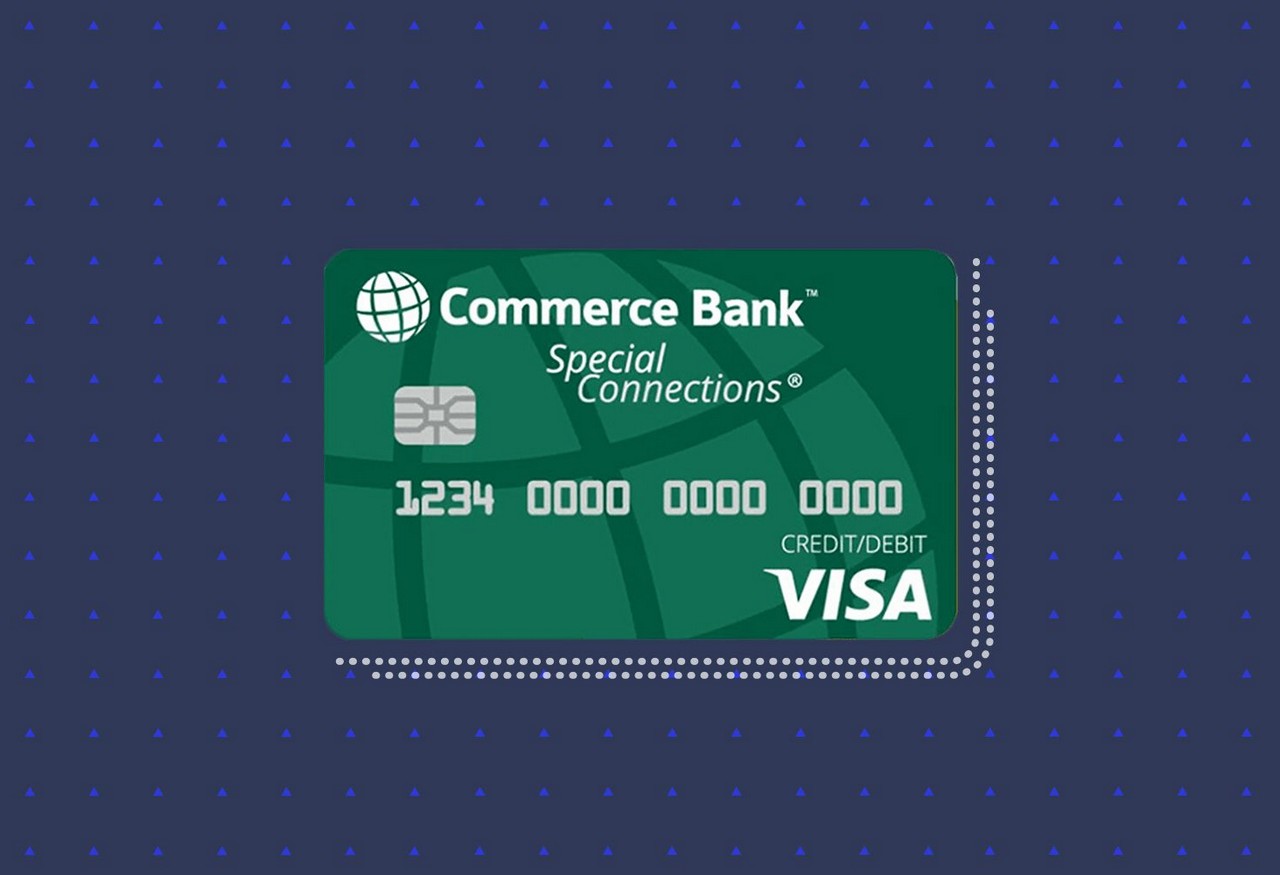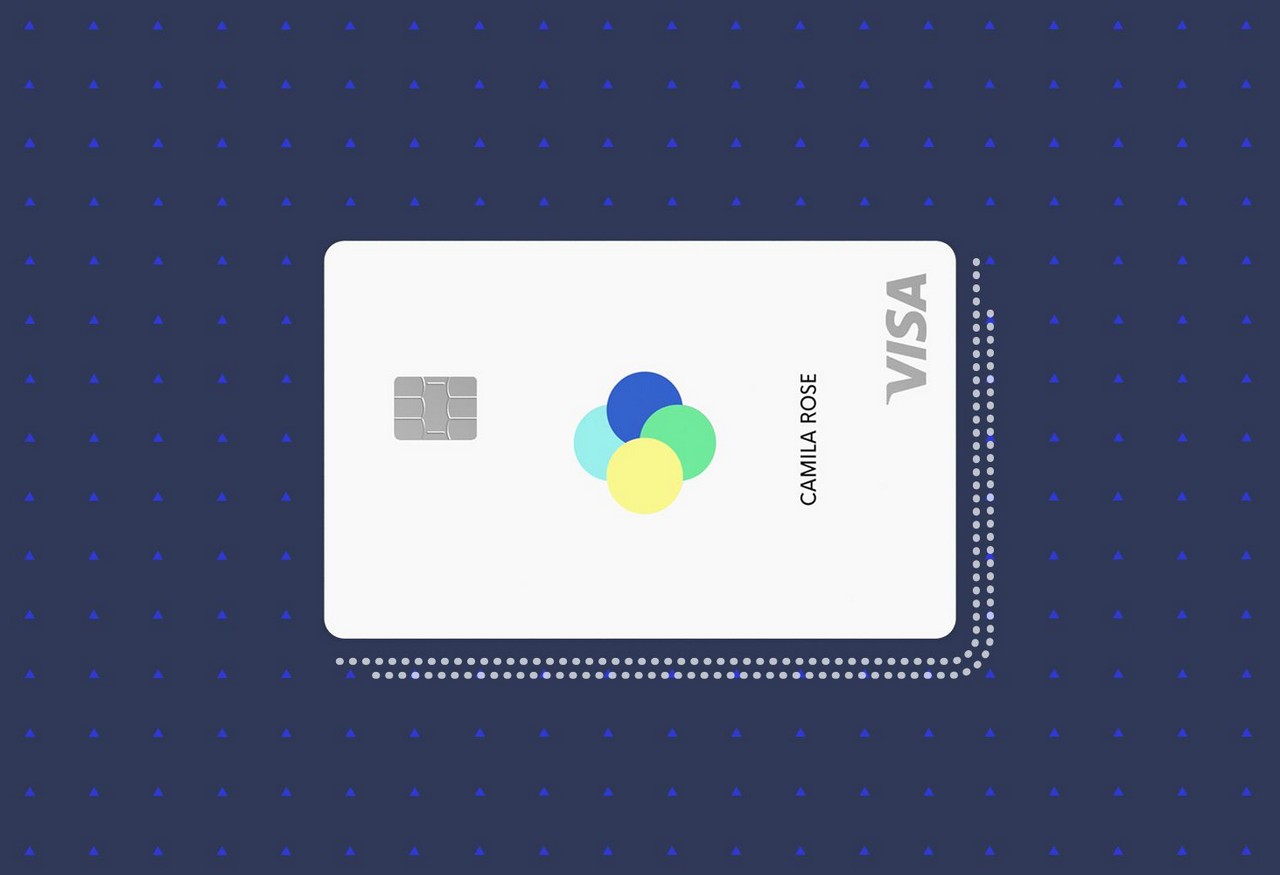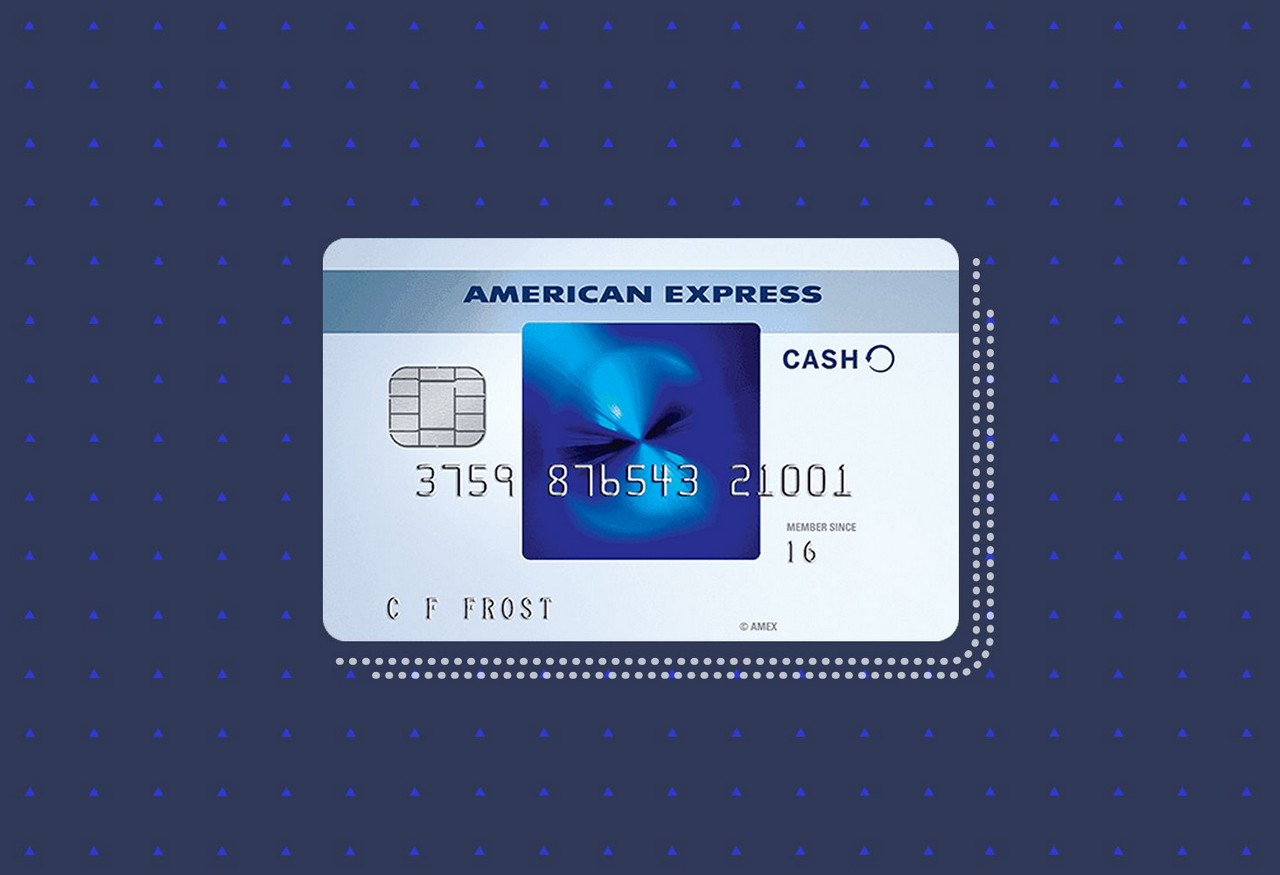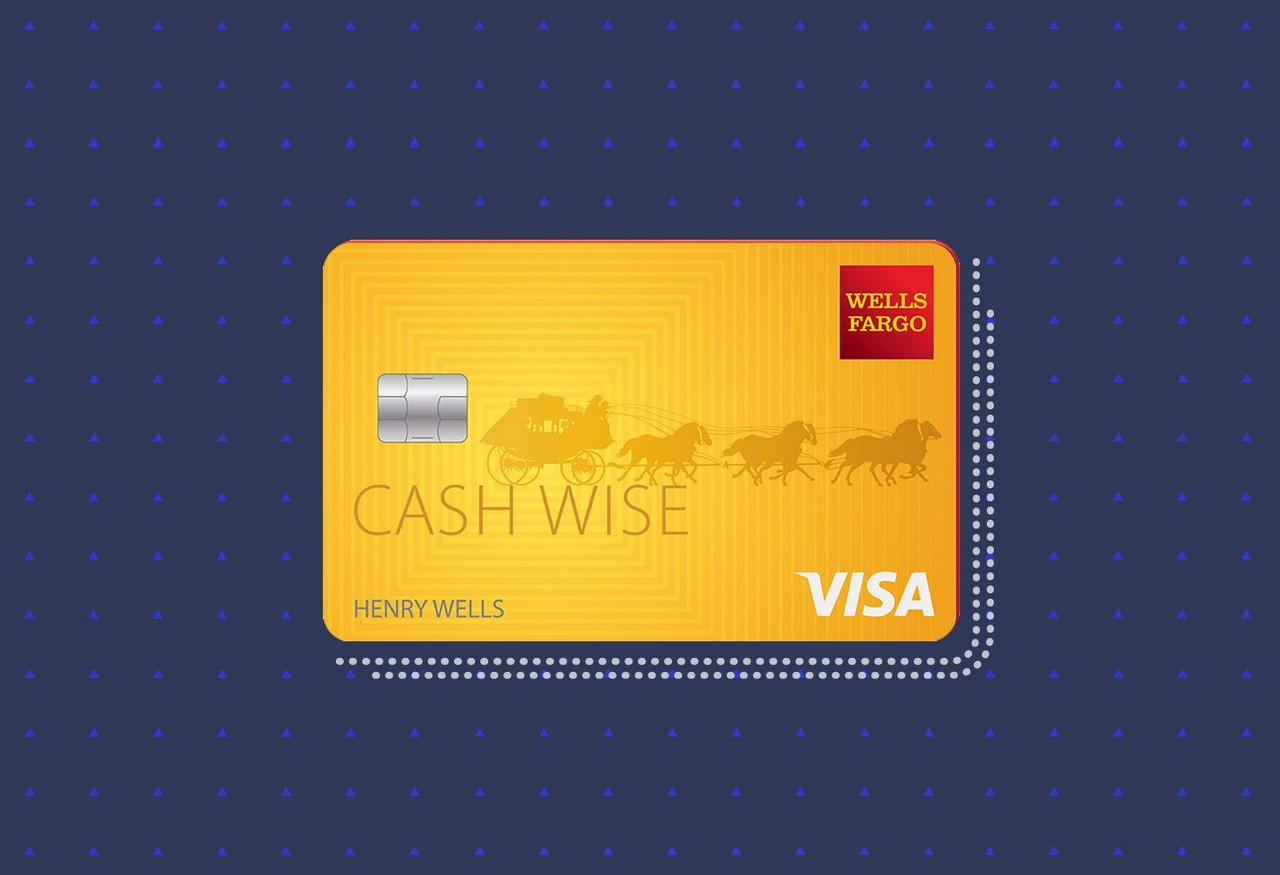Certificates of deposit (CDs) are a low-risk approach to put some cash apart for the short- to medium-term future and earn a modest return within the meantime. This makes them appropriate and widespread for seniors who’ve further financial savings in retirement, and a standard a part of inheritance settlements.
There are a number of methods to inherit a CD, resembling by means of a joint account, if the unique proprietor named a payable-on-death (POD) beneficiary, or by means of probate. Equally, CD suppliers have totally different guidelines about what you are able to do with a CD when you’ve inherited it. Some will permit you to take the cash out of the CD instantly; others will make you wait till it matures.
Both method, you may’t usually convert a CD straight into one other funding car. On this article, we’ll clarify why that’s, and the opposite choices which can be open to you.
- When the unique proprietor of a certificates of deposit (CD) passes away, their CD could be handed to their heirs in a number of methods.
- Regardless of how the heirs inherit it, nevertheless, a CD will nonetheless be a CD as soon as the inheritance course of is full—it is not going to be transformed into a distinct kind of funding.
- Some CD suppliers will permit heirs to entry the funds and returns on a CD instantly; others would require them to attend till the unique maturation date of the CD. In both case, heirs should wait till they’ve entry to those funds earlier than they are often reinvested in a brand new car.
- It isn’t doable to transform a CD straight into one other kind of funding or asset.
Inheriting a Certificates of Deposit
What occurs to a CD when the unique proprietor dies is dependent upon a lot of components. There are three important methods to inherit a CD:
- If the CD was a joint account, it’ll routinely turn into the property of the co-owner. That is usually the case for married {couples} who personal a CD collectively. In the event you inherit a CD on this method, the CD will sometimes proceed to run in the identical method it was earlier than. As soon as it reaches maturity, you may shut it and withdraw the funds.
- If the unique proprietor of the CD is called a POD beneficiary, this particular person will routinely acquire possession of the funds within the CD. In the event you inherit a CD on this method, you must contact the financial institution or credit score union that holds the CD and supply them with a replica of the demise certificates of the one that has handed away and proof of your id. What occurs subsequent is dependent upon the insurance policies of the financial institution. Some banks will terminate a CD when the account proprietor dies and permit you speedy entry to those funds. Different establishments will make you wait till the CD reaches maturity.
- If the proprietor of a CD passes away, and the CD was neither held as a joint account nor had a POD beneficiary, the CD will likely be handled similar to another asset. Generally, which means it will likely be a part of the probate course of. Once more, it is dependent upon the insurance policies of the supplier of the CD as to when they are going to grant the heir entry to the funds.
In all instances, it’s vital to contact the monetary establishment that holds the CD to tell them that the unique proprietor has died. CD suppliers usually are not obliged to do something with a CD till they’ve acquired this notification; generally, the CD will maintain working—and will even roll over into a brand new CD.
It’s usually value naming a POD beneficiary on your CD accounts. This can permit your heirs to inherit the CD straight, fairly than cross by means of the time-consuming and costly technique of probate.
Changing a CD
As could also be obvious from the method described within the earlier part, CDs are usually not transformed into different funding autos when the unique proprietor dies. Although the CD will cross to their heirs (by way of quite a lot of totally different processes), it’ll nonetheless be a CD. What the heir can do with the CD is dependent upon the insurance policies and guidelines set by the establishment that gives it. These ought to be set out clearly within the phrases and situations related to the CD, although there’s additionally some room for negotiation.
Most CDs have excessive penalties for early withdrawals. That is, in reality, an inherent function of CDs. The financial institution or credit score union advantages from the understanding that you’ll depart your cash within the CD, and in trade, they are going to pay you an rate of interest that’s larger than extra liquid accounts. That is true whether or not you may have simply inherited a CD or are the unique proprietor.
Some establishments do have particular guidelines that apply to inheriting CDs. Some might permit an inheritor to withdraw the cash and earnings instantly—successfully shifting the maturation date. Others might require heirs to attend till the unique maturation date to entry these funds. If the CD is held with a smaller credit score union or financial institution, this can be negotiable, and there’s no hurt in asking if you happen to’ve inherited a CD and would love entry to the funds instantly.
As soon as you might be granted entry to the funds, it turns into non-taxed money for you whether or not the monetary establishment permits you to have it earlier than maturity, or if it sits after the holder's demise and also you acquire it at maturity. CDs are generally taxed the yr the curiosity earnings is earned and never at maturity, nevertheless, an inherited CD and its earnings accrued earlier than the holder's demise usually are not taxable for the recipient. The one half that's taxable is the curiosity earnings from the date of demise.
What Occurs to a Certificates of Deposit (CD) When the Proprietor Dies?
It is dependent upon a number of components. If the certificates of deposit (CD) was collectively owned, it passes to the co-owner. If there was a payable-on-death (POD) beneficiary named, it’ll cross to them. In any other case, the CD will likely be a part of the probate settlement on the deceased particular person’s property. Whichever method you inherit a CD, nevertheless, it’ll nonetheless be a CD.
What Is a Payable-on-Demise (POD) Beneficiary?
A payable-on-death (POD) beneficiary is an individual who will obtain the cash in a CD ought to the account proprietor cross away. Naming a POD beneficiary permits the CD to cross on to your inheritor, fairly than undergo probate.
Can I Convert a CD to One other Sort of Funding?
Sure, after the funds are launched to you, whether or not instantly after the holder's demise or at maturity relying on the principles of the monetary establishment. If you need to wait till maturity, you'll should pay taxes on any curiosity accrued from the date of demise to maturity, after which you may nonetheless reinvest it nevertheless you want.
The Backside Line
When the unique proprietor of a CD passes away, the CD could be handed to their heirs in a number of methods. Regardless of how they inherit it, nevertheless, a CD will nonetheless be a CD as soon as the inheritance course of is full—it is not going to be transformed into a distinct kind of funding.
Some CD suppliers will permit heirs to entry the funds and returns on a CD instantly; others would require them to attend till the unique maturation date of the CD. In both case, heirs should wait till they’ve entry to those funds earlier than they are often reinvested in a brand new car. It isn’t doable to transform a CD straight into one other kind of funding or asset.










